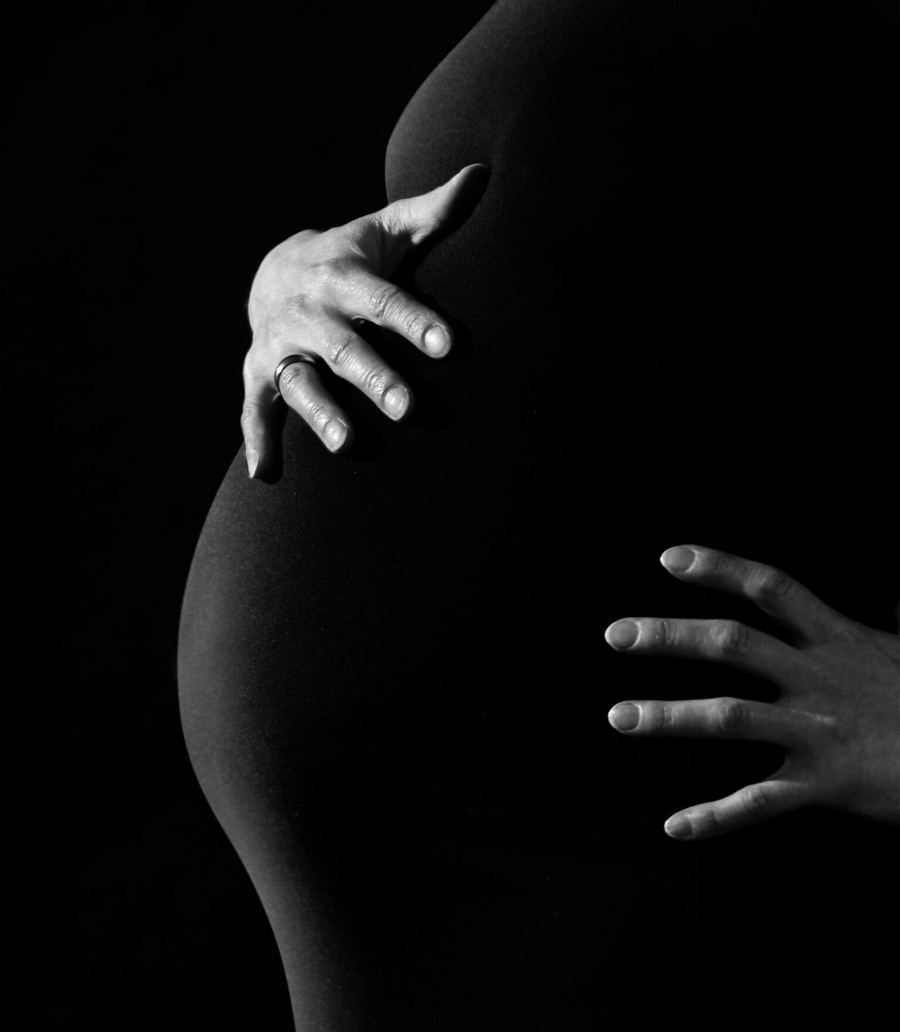Pregnancy and Iron-Deficiency: What You Need to Know

By Halle Tecco, MBA, MPH
It’s no secret that your body goes through significant changes during pregnancy. For one, the amount of blood in your body increases by about 30-50%, which means you and your baby need a lot of iron to make new red blood cells. Red blood cells are the cellular workhorses responsible for carrying oxygen throughout your body. They incorporate iron in hemoglobin, the protein responsible for directly binding oxygen in your lungs. 🌟 Shop Iron ⟶
As your blood volume increases throughput pregnancy, it can be hard for your body to keep up. When your body needs more iron than it has available, you can become anemic. Mild anemia is normal during pregnancy due to an increase in blood volume, but more severe anemia is especially a concern because it is associated with low birth weight, premature birth, and maternal mortality. In the United States, 18% of pregnant women are diagnosed with iron-deficiency anemia. These rates increase each trimester: from 6.9% in the first, to 14.3% in the second, to a whopping 28.4% in the third!
Symptoms of anemia during pregnancy
Some people don't experience any symptoms of iron-deficiency. Others start with mild symptoms, which can worsen throughout pregnancy. Common symptoms of anemia include:
- Fatigue
- Weakness
- Shortness of breath
- Difficulty concentrating
- Shortness of breath
- Pale skin, lips, and nails
- Chest pain
- Lightheadedness
- Cold hands and feet
- Visual disturbances
If you suspect that you may have an iron-deficiency, it is important to see your doctor before trying to self-diagnose. Don’t go straight to an iron supplement— overdosing on iron can be life-threatening, so be sure to seek the care of your medical provider first.
Am I at risk for iron-deficiency anemia?
Although iron is found naturally in many foods, it is hard to absorb, making it difficult for your body to meet its needs during pregnancy. Some women are at higher risk for becoming anemic during pregnancy. This includes women who:
- Have two pregnancies close together
- Are pregnant with more than one child
- Are vomiting frequently due to morning sickness
- Do not consume enough iron (such as vegetarians)
- Have a heavy pre-pregnancy menstrual flow
One of the many blood tests you will take throughout pregnancy is a CBC (complete blood count). CBC counts the numbers of different types of cells that make up your blood. The number of red blood cells can show whether you have a certain type of anemia. This test is done both early on and later in pregnancy. If you think you have anemia symptoms, you don’t have to wait for a routine test; tell your doctor to find out if you can get tested sooner.
Know your numbers
There are two numbers you should know:
- Your hematocrit (Hct) level is the ratio of the volume of red cells to the volume of whole blood. The normal range for hematocrit is between 36% to 45% for non-pregnant women. Most women will start pregnancy with a mid-to-upper 30s hematocrit level.
- Your hemoglobin levels tell you the amount of hemoglobin in your blood. Hemoglobin is a protein in your red blood cells that carries oxygen to your body's organs and tissues and transports carbon dioxide from your organs and tissues back to your lungs. A normal volume is around 13.8 g/dL.
Generally, iron-deficiency anemia in pregnancy is defined as a hematocrit level of 36% or below, or a hemoglobin level of less than 12 g/dL.. These reference ranges can vary slightly depending on the hematology laboratory, so it’s best to confer with your doctor.
According to Dr. Robyn Horsager-Boehrer, most doctors will repeat the test in the third trimester to make sure you’re not anemic when you deliver. The timing gives doctors a chance to do some last-minute iron supplementation if necessary.
Preventing anemia during pregnancy
To prevent anemia, UCSF Health suggests:
- Eating foods that are iron-rich, high in folate, and high in vitamin C. Iron-rich foods include meat, chicken, fish, eggs, dried beans, and fortified grains. Foods high in folate include dried beans, dark green leafy vegetables, wheat germ, and orange juice. And foods high in vitamin C are citrus fruits and fresh, raw vegetables.
- Cooking with cast iron pots to add up to 80% more iron to your food.
- Taking a prenatal multivitamin with supplemental folate.
- Consider adding prenatal gummies with iron which can provide the necessary iron intake, supporting healthy blood production and preventing iron deficiency anemia.
Should I take an iron supplement while pregnant?
American College of Obstetricians and Gynecologists (ACOG) recommends a daily dose of 27 mg iron during pregnancy (the Natalist Prenatal meets this guideline). If your doctor diagnoses you with iron-deficiency, they should provide guidance on how much additional iron you should take.
Want to learn more about how to stay healthy during pregnancy? We've got you covered with tons of advice and guidance.
Reach Out, We're Here
Have questions about your order or products? For the speediest answer, check out our FAQ section. Need something else? Come find us below.
Please keep in mind our regular business hours; Monday-Friday, 9am-5pm CT.
Customer Support
support@natalist.com
Press Inquiries
media@everlyhealth.com
Business & Partnerships
team@natalist.com
Affiliates + Influencers
team@natalist.com
Job Openings
Careers Page





















